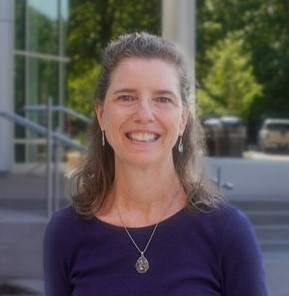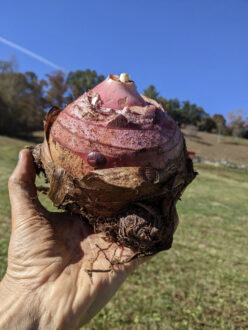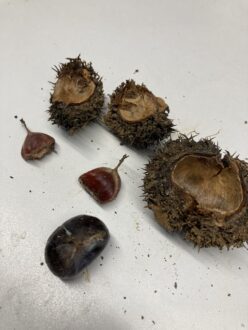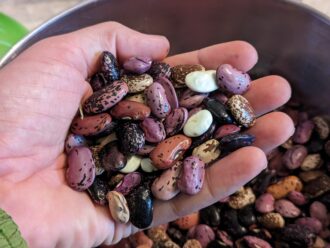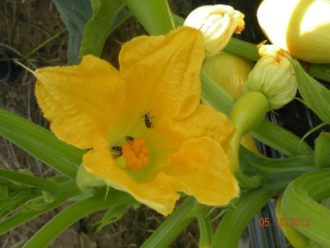
Detecting Pathogens in Cucurbits Before Disease Onset
Downy mildew is a major disease limiting cucurbit production that is difficult and expensive to control because of the lack of complete resistant varieties and the frequency of needed fungicide applications.
Researchers with North Carolina State University are hoping to help farmers better manage the disease by developing a surveillance program that detects the pathogen prior to disease onset and identifies the specific pathogen for more targeted fungicide applications.
The goal is to reduce the number of fungicide applications, thereby saving farmers some money, while also detecting fungicide-resistant pathogen mutations so farmers know which fungicides will be effective for better disease control.
NCSU Extension pathologist Lina Quesada, along with graduate student Mariana Prieto Torres, received a $21,853 Graduate Student Grant to study two types of spore traps: a roto-rod (rotating collector arms that capture airborne spores) and a vacuum pump that sucks in air trapping spores in the process. Each trap type will be mounted to three vehicles (stationary post, rover, drone) in various combinations and deployed over cucumber and squash canopies.
Researchers are hypothesizing that a mobile spore trapping system combined with molecular tests to identify the specific downy mildew pathogen will provide a more effective surveillance system for farmers compared to the stationary post used as the control in the study.
Preliminary results from the first year suggest that the mobile traps are catching pathogen spores, and with molecular analyses, researchers have been successful in identifying specific downy mildew pathogens for more targeted and timely fungicide applications.
The study is expected to conclude late 2026.
State Contacts
SARE State Coordinators are vital for expanding sustainable agriculture training for Extension, NRCS, and other agricultural professionals, who will then help producers transition to a more sustainable agriculture.
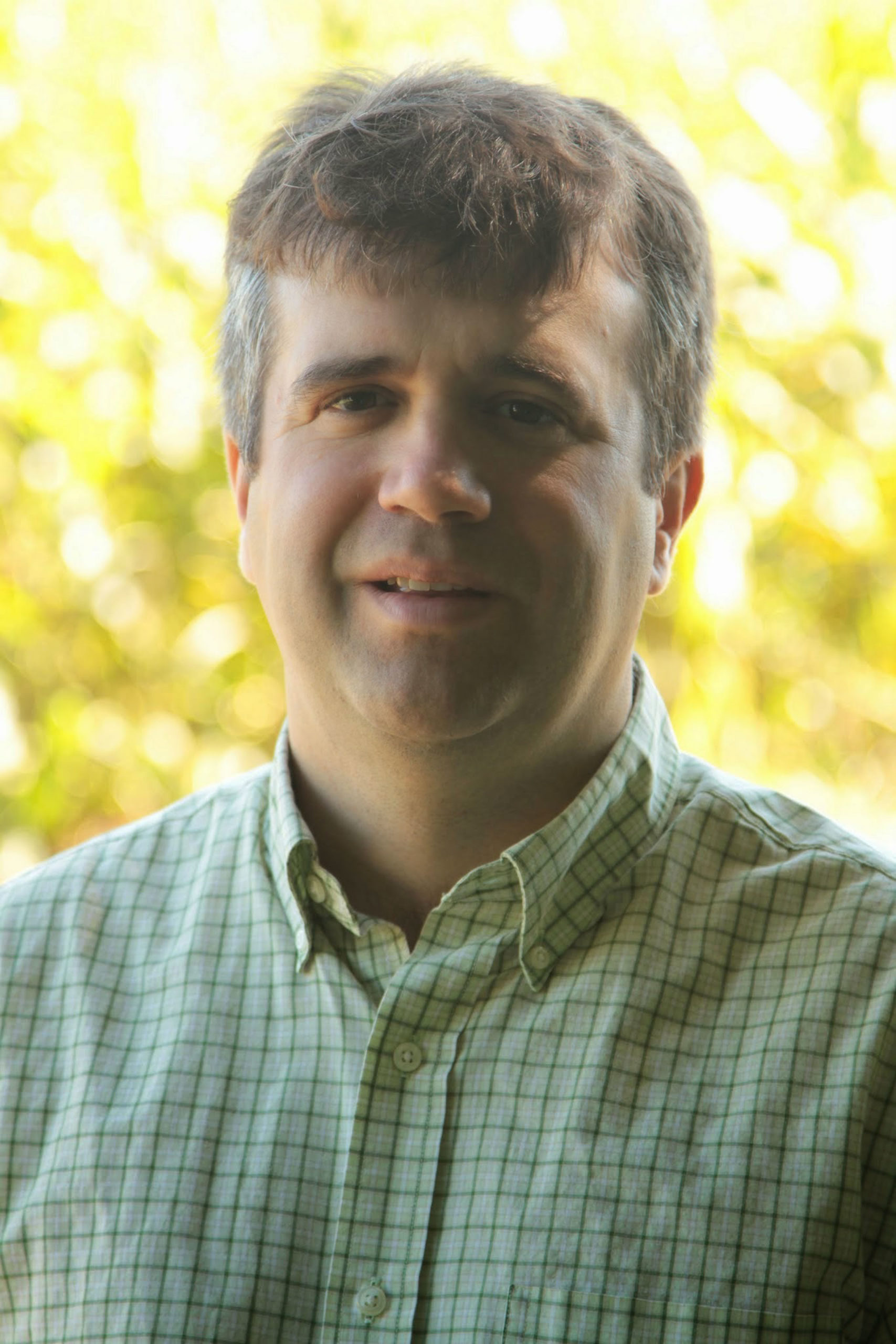
Chris Reberg-Horton
SARE IN NORTH CAROLINA
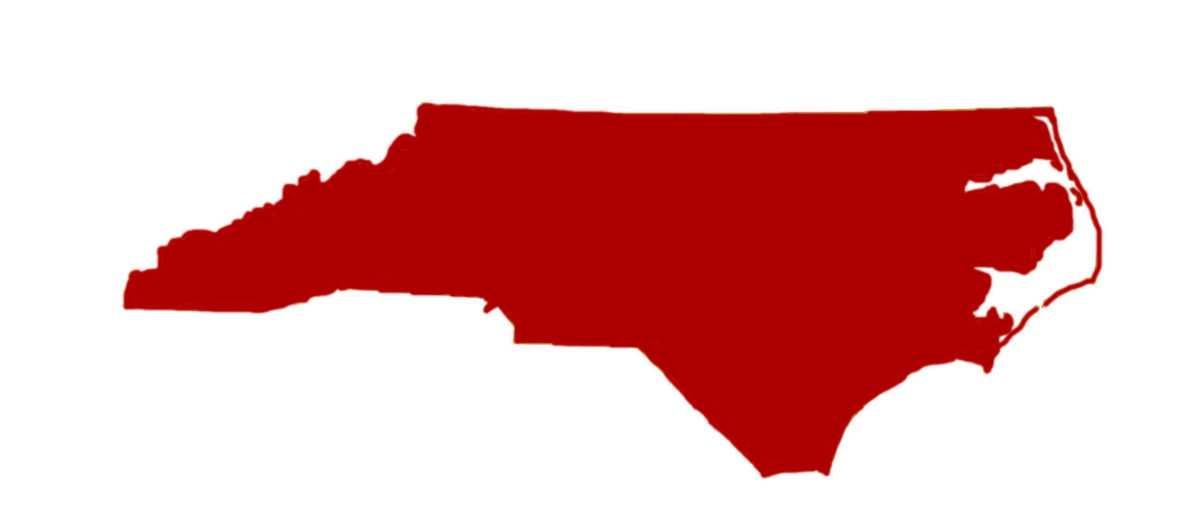
million
The North Carolina Sustainable Agriculture Research and Education (SARE) is a professional development program sponsored by the Southern Region SARE and co-coordinated by North Carolina State University and North Carolina A&T State University. We work together to deliver a program that enhances the environmental, social, and economic sustainability of the state through research and education. North Carolina SARE partners with researchers, extension faculty, producers, and community organizations to research and implement the best science-based practices available in all aspects of North Carolina's agricultural system. In addition to research, SARE is dedicated to providing education in sustainable agriculture through various trainings offered each year.
Recent News From North Carolina
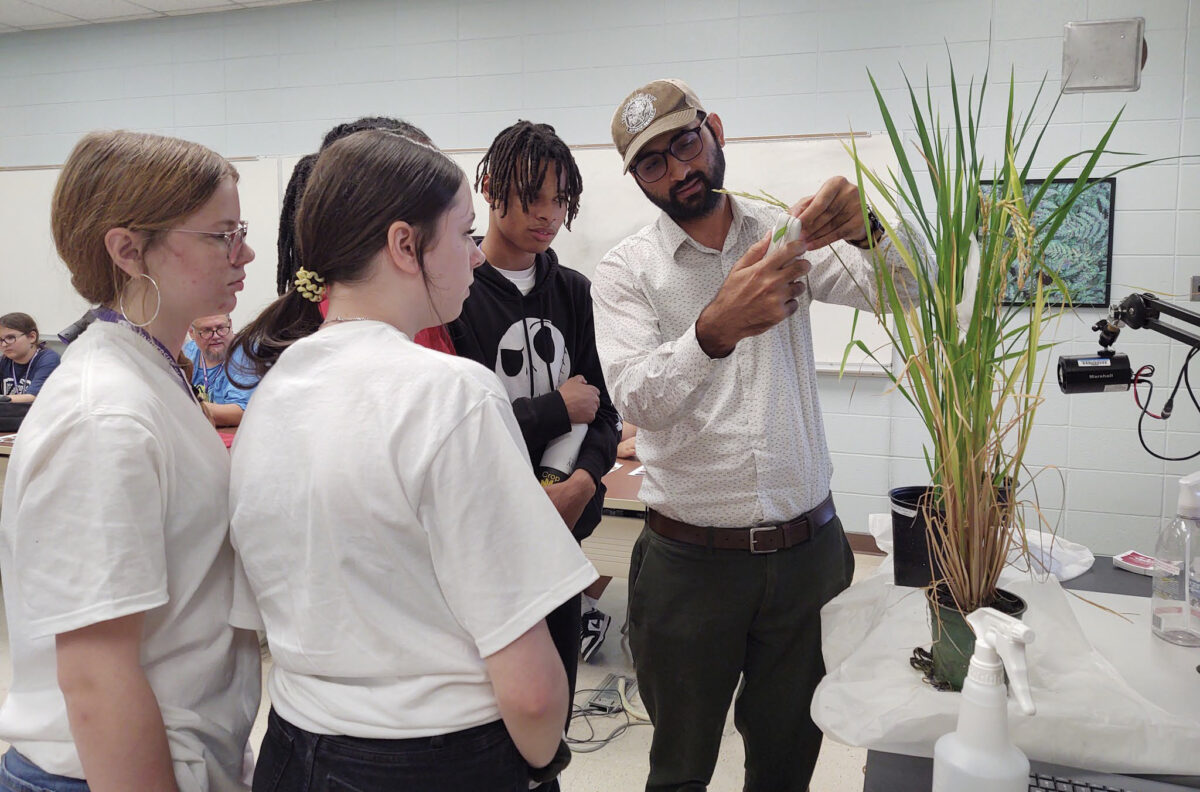
Southern SARE Awards Young Scholar Enhancement Grants for 2025
GRIFFIN, Georgia – The Southern Sustainable Agriculture Research and Education Grant program (SSARE) is giving young researchers an opportunity to learn more about sustainable agriculture. Through the James Harrison Hill, Sr. Young Scholar Enhancement Grant program, high school and undergraduate students are working alongside researchers on SSARE-funded projects, ranging from disease management to soil health […]

